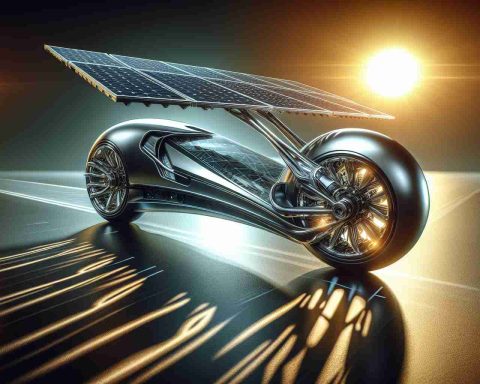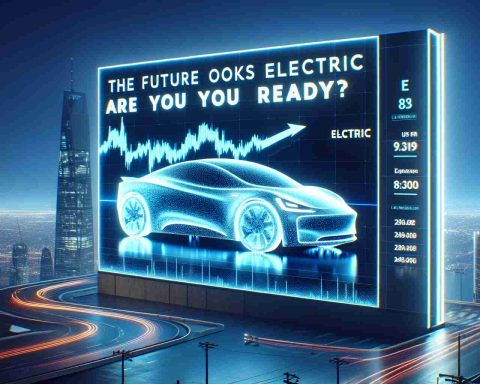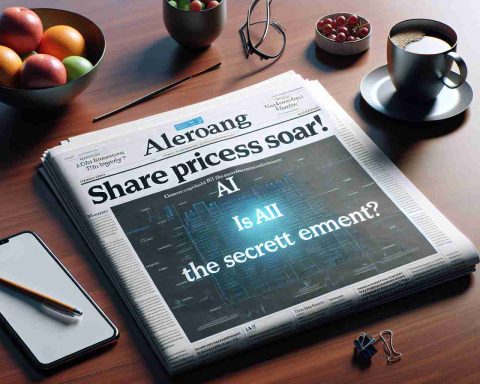The landscape of sustainable transportation is evolving. Solaris Bus & Coach has made a significant leap by securing its inaugural contract to deliver electric buses in the United States, thanks to the decision by King County Metro in Washington State.
This groundbreaking agreement will see the manufacturer roll out two 40-foot battery electric buses along with two 60-foot articulated buses. Additionally, King County has the option to acquire up to twelve more units in the future. The delivery is scheduled for the latter half of 2026.
The upcoming vehicles are designed on a platform specifically tailored for the North American market, ensuring full compliance with U.S. regulations such as FMVSS and ADA. Solaris Bus & Coach’s CEO highlighted the importance of this deal, expressing excitement about the collaboration and emphasizing the commitment to establishing Solaris as a leader in the North American zero-emission bus sector.
King County Metro’s General Manager elaborated on the agency’s dedication to advancing a sustainable future through technology and partnership. This collaboration aims to build a zero-emission fleet to enhance community wellness and set standards in environmental stewardship.
As the bus manufacturing industry faces challenges, this partnership may pave the way for more solutions for transit agencies throughout North America, showcasing the potential of innovative electric transportation technologies.
Revolutionizing Urban Transit: Solaris Enters the U.S. Electric Bus Market
The Evolution of Sustainable Transportation
The shift towards sustainable transportation is gaining momentum, and a significant player making headway in this domain is Solaris Bus & Coach. Recently, the company secured its first contract to introduce electric buses in the United States, a milestone marked by its collaboration with King County Metro in Washington State.
Details of the Electric Bus Contract
Under this landmark agreement, Solaris will supply King County Metro with two 40-foot battery electric buses and two 60-foot articulated buses. Furthermore, King County holds an option to purchase an additional twelve units in the future. The scheduled delivery of these units is set for the latter half of 2026, marking a significant step in modernizing the region’s transit fleet.
Features and Specifications
The new buses are designed on a platform that adheres specifically to the North American market’s standards, meaning they will comply with critical U.S. regulations like the Federal Motor Vehicle Safety Standards (FMVSS) and the Americans with Disabilities Act (ADA). This commitment to regulatory compliance not only ensures safety but also enhances accessibility for all riders.
Advantages of Electric Buses
Implementing electric buses offers several benefits, including:
– Environmental Impact: Electric buses help reduce greenhouse gas emissions and lower urban air pollution, contributing to a healthier environment.
– Cost Efficiency: While the upfront costs may be higher, electric buses can lead to lower operational costs over time due to reduced fuel and maintenance expenses.
– Technological Innovation: These vehicles represent the cutting edge of public transport technology, integrating advanced features for better performance and rider experience.
Future Implications and Trends
The alliance between Solaris and King County Metro is not just a local initiative. It signals a broader trend towards the adoption of electric buses across North America. As urban centers look to meet ambitious sustainability goals, this contract highlights the potential for electric vehicles to become a staple in public transit systems.
Market Analysis and Predictions
Experts predict a significant increase in demand for electric buses in the coming years, driven by increasing environmental regulations and funding opportunities for public transit agencies. As cities aim for net-zero emissions targets, partnerships like that of Solaris and King County Metro may serve as a template for future collaborations across the country.
Use Cases and Compatibility
The deployment of these electric buses provides an opportunity for various metropolitan areas to explore their own sustainable transit initiatives. With a focus on technology and partnership, King County Metro is setting a precedent for other transit agencies to follow suit.
Conclusion
In conclusion, Solaris Bus & Coach’s entry into the U.S. electric bus market through their partnership with King County Metro marks a pivotal moment for sustainable transportation. As cities prioritize environmental stewardship and community wellness, the results of this collaboration could have far-reaching implications for the future of public transit in North America.
For more information about sustainable transportation innovations, visit Solaris.

















